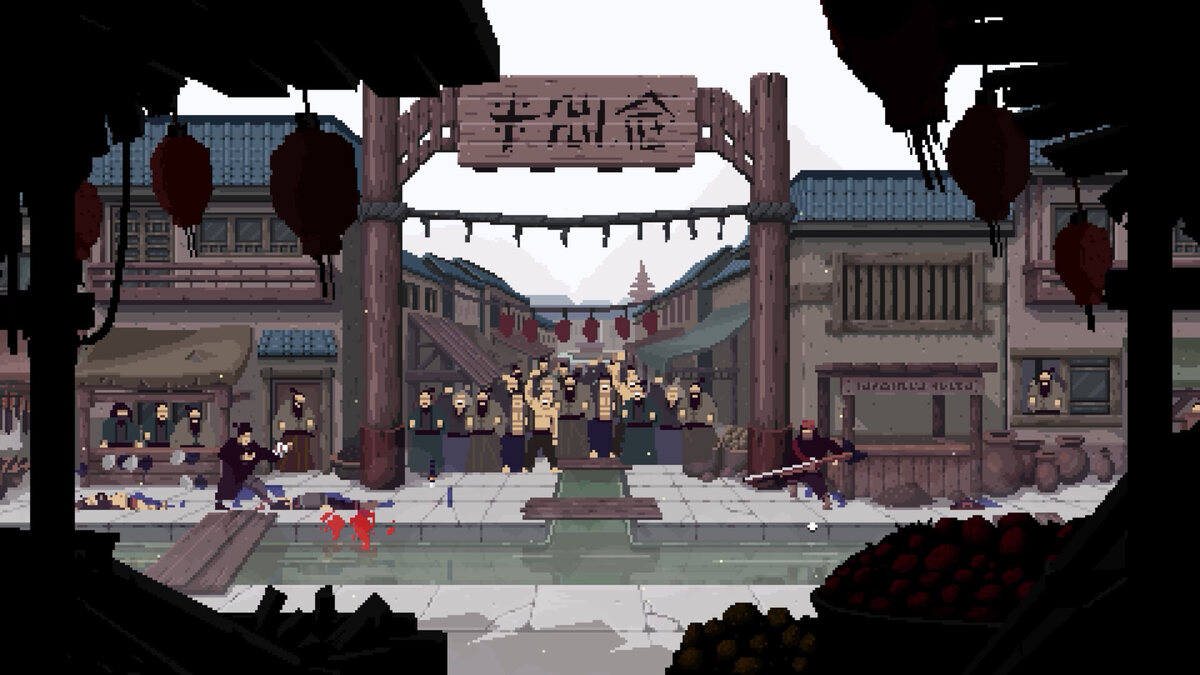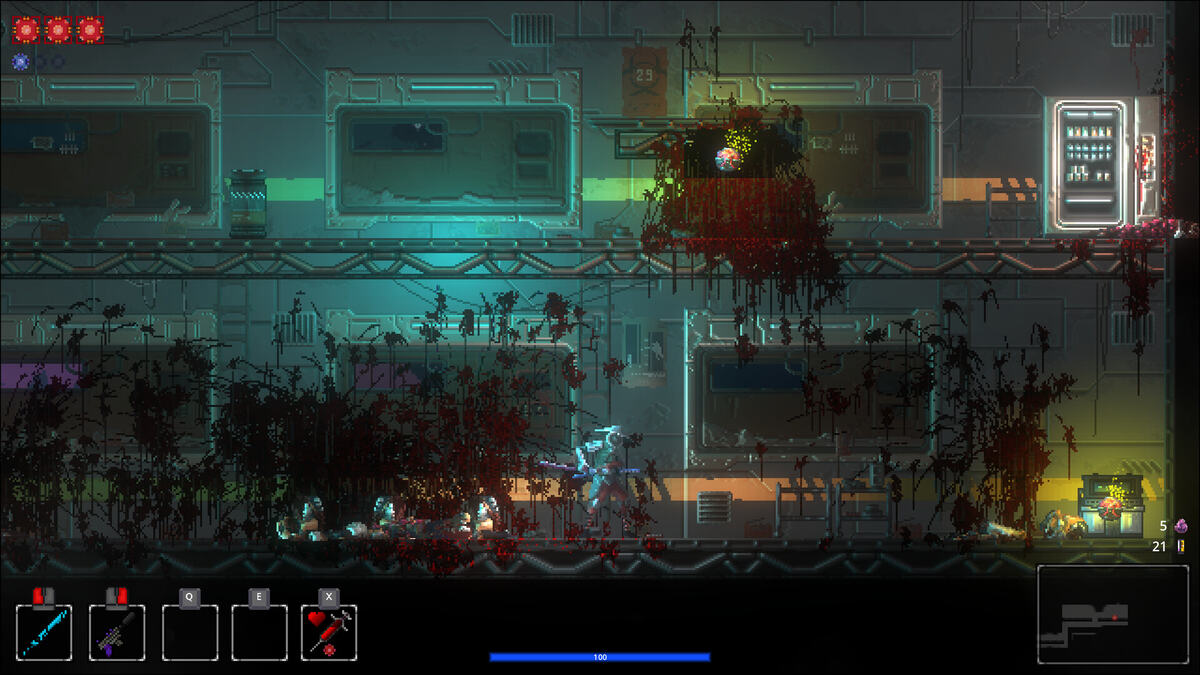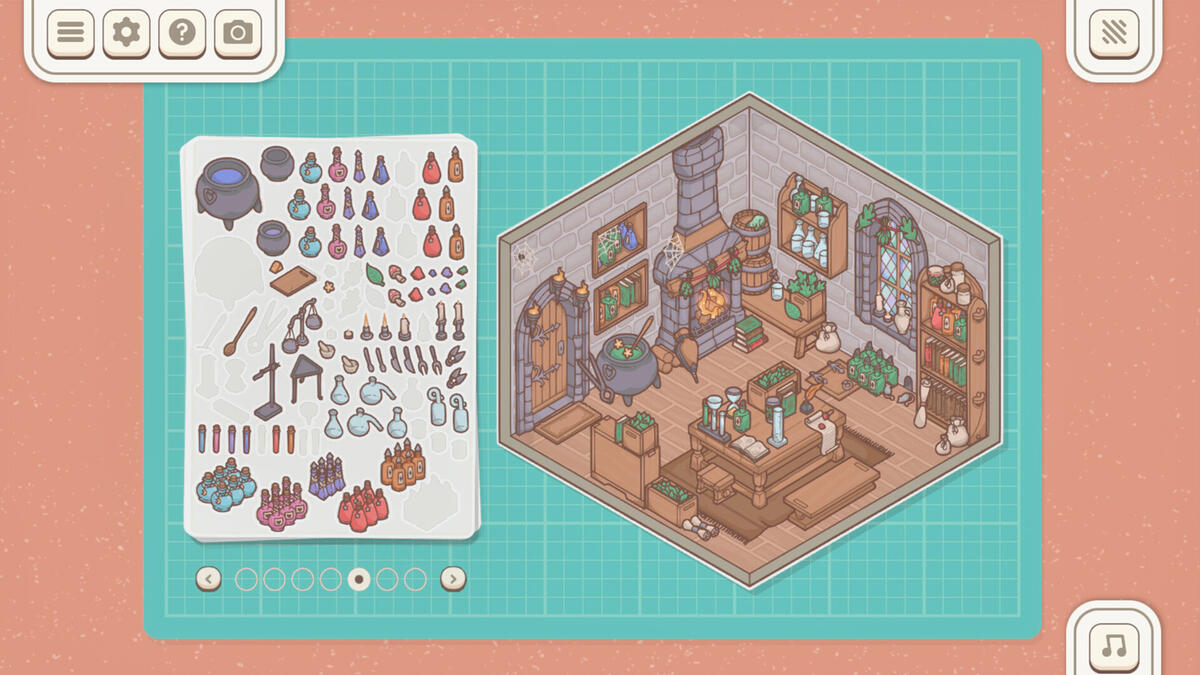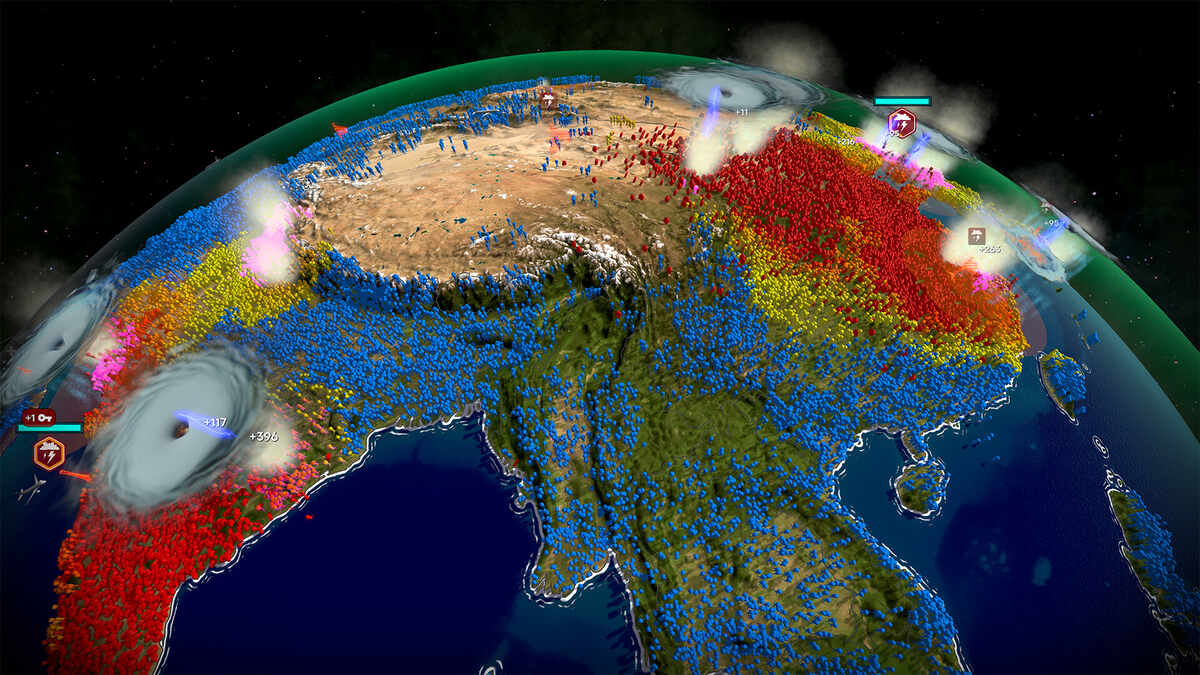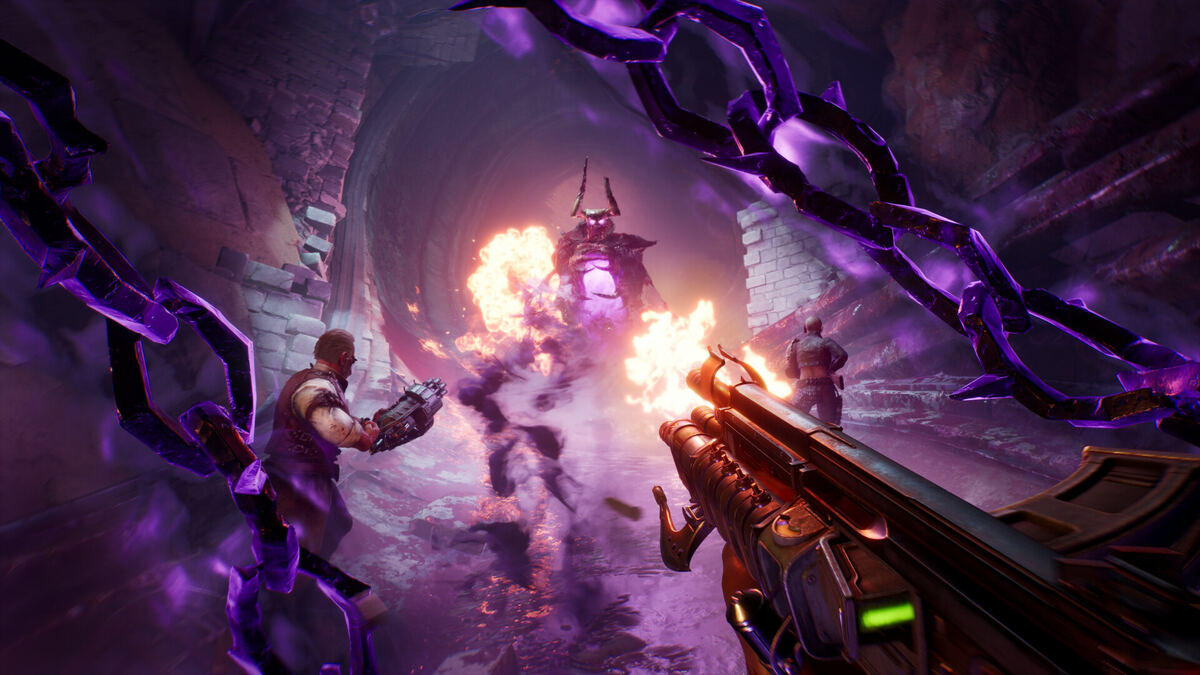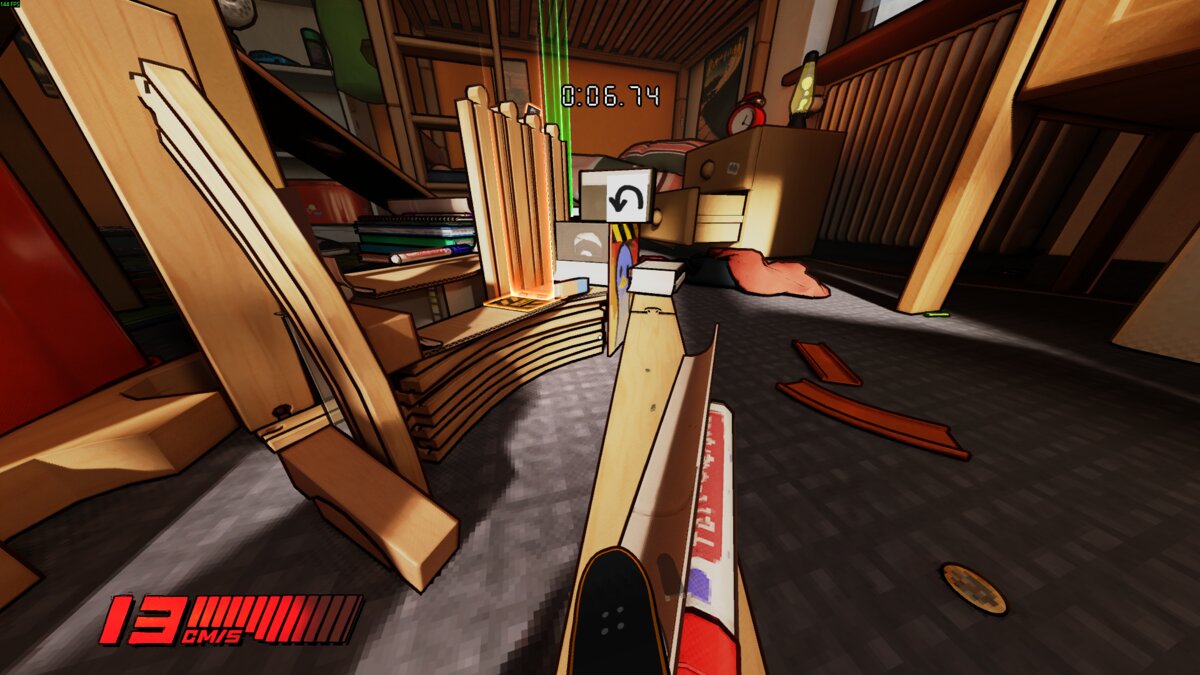You can trust VideoGamer. Our team of gaming experts spend hours testing and reviewing the latest games, to ensure you're reading the most comprehensive guide possible. Rest assured, all imagery and advice is unique and original. Check out how we test and review games here
The wait for Final Fantasy XIII continues – it won’t be available on these shores until 2010 – but that doesn’t mean we’re not super psyched for what could be this generation’s defining RPG. At gamescom last month we got the opportunity to speak to the game’s producer Yoshinori Kitase and director Motomu Toriyama and quizzed the two legends on all things Final Fantasy XIII… and VII.
VideoGamer.com: What can you tell us about Lake Bilge, the new area you’re showing off today?
Toriyama: I don’t know if you’re familiar with the trial version that was released in Japan. The area shown there was called Cocoon. Basically there’s a certain tragedy that’s related to Crystal that occurs there. The area that you saw is the aftermath of what happened in that incident.
VideoGamer.com: The combat is more action-oriented than any previous Final Fantasy. What have you done to retain the Final Fantasy spirit?
Toriyama: At its core the battle system for Final Fantasy XIII is still a command based system, as you saw with the Active Time Battle system. It does have a lot more action and speed to it, but then there’s the Paradigm Shift system as well, which strengthens the strategic side of the battle system. The presentation has changed a lot and the feel has changed a lot but at its core it’s still the traditional battle system that fans of the series have come to love.
VideoGamer.com: Most of the Final Fantasy games were single format. XIII is multi-format. Did that in any way change the direction the game has taken, or affected design decisions?
Kitase: Going to multiple platforms didn’t necessarily affect… we didn’t have to compromise anything. There’s a single engine [Crystal Tools] we’re working on that can adapt to both platforms. It covers a lot of the design and visual elements so we don’t have to create separate graphics for Xbox 360 and PS3 versions. The engine takes care of it. We’re really trying to create the same exact experience for both platforms. There’s nothing we had to particularly give up or change because of going multiplatform.
VideoGamer.com: This is the first Final Fantasy on the current generation of consoles. What is the biggest new possibility that wasn’t possible with the previous Final Fantasy games?
Toriyama: One of the really obvious advancements is in the graphics and the visual capabilities of the machine. For me, the fact that we’re now able to convey the character’s emotions through subtle expressions, whereas in the past we have been conveying that through their dialogue. Now we have this new arena to work with. That’s something I found was new. And the high definition.
VideoGamer.com: Did you have to hand code all the lip syncing again for the English voices or does Crystal Tools handle it?
Kitase: We’re actually using a different tool for the lip syncing, an external tool. This goes for both the Japanese and the English lip syncing: the basics are pretty much covered by the tool, like the basic movement of the mouth. But we can’t really convey the emotions properly with just those basic movements. So in the end the team went in and polished everything by hand as manual labour.
VideoGamer.com: Could you tell us exactly how the Paradigm Shift system works?
Toriyama: You can use the Paradigm Shift to shift roles throughout battle as many times as you want without using any points at all. But since you can change it so often you will really have to put a lot of thought and strategy into how you’re going to team up these characters. As far as abilities, they’re tied to the different roles you can assign to the characters. As your role is able to level up you gain more abilities that way.
VideoGamer.com: Do the various roles level up individually? If you spend more time as a healer will that role level up faster than the others? Can you give us some example of role abilities?
Toriyama: I can’t go into too much detail because the information hasn’t been revealed officially yet, but basically each character is given a set of roles and the player has a lot of freedom in which one they want to develop. The abilities that come along with these roles, you’ll see a lot of the traditional abilities that you’ve become familiar with throughout the Final Fantasy series, and of course there will be a lot of new abilities as well.
VideoGamer.com: Will there be any multiplayer features?
Kitase: With Final Fantasy XIII we really wanted to pursue the ultimate single player experience in order to get in depth with the characters and the story and develop an emotional tie with the players and the game world. So there aren’t any real multiplayer elements that are going to be included.
VideoGamer.com: Can you comment on the rumour that the Final Fantasy Versus XIII team was drafted in to help speed up development of Final Fantasy XIII?
Kitase: That’s actually a fact. It’s happening. It’s pretty normal within the Square Enix offices for different teams to help each other out. Especially in the cases of Final Fantasy XIII and Versus XIII, because they’re both being developed initially for the PS3, there’s a lot of experience and knowledge that can be shared among the two teams. With Final Fantasy XIII being high def, and there are a lot of visual and quality aspects that are very demanding, we need as much man power as possible. Temporarily we’ve had staff from Versus XIII come and help out. But now that Final Fantasy XIII development is coming to a close and is nearing completion, the staff on XIII can go over to Versus XIII and help out their team as well.
VideoGamer.com: Did Square Enix underestimate the Final Fantasy XIII project?
Kitase: More so than that we didn’t have the right number of staff for each project, the staff exchange is more fluid between the two teams. The company as a whole felt that it would be a better plan if… if two separate teams are working on two PS3 games on their own and they didn’t have any communication, they were creating their own thing, they wouldn’t be able to share the knowledge gained. We felt that bringing over team members from Versus XIII to do a little bit of learning, and experience a little bit more of the creation and development process of XIII and take that back to Versus XIII, that would be very productive overall.
VideoGamer.com: Now that development of Final Fantasy XIII is coming to an end, do you know what game you’ll be working on next? And when might we see a Final Fantasy VII remake?
Kitase: I’m actually working on multiple projects right now. I don’t know exactly what new projects I’ll be taking on after XIII, but I am working on Agito XIII as well, so maybe I’ll be able to focus a little bit more on that project once XIII is complete.
As for a VII remake, all I can advise right now is to play the PSN release that just came out for the time being. Maybe, perhaps we’ll have some news for you at a later time.
VideoGamer.com: Is the target consumer for FFXIII existing Final Fantasy fans or are you trying to gain new fans?
Kitase: We definitely want to reach out to a larger audience base. That was one of our reasons for going with a 360 version as well. To get the game out to people who might not have had a chance to get into RPGs or weren’t very interested, now they have this option to try it out. Of course we want to stay true to the original, the fans of the series throughout as well. That’s why we have this command based system at its core. It just has a little bit more action and speed that might be easier for people who aren’t used to RPGs to get into.
Final Fantasy XIII is currently in development for PS3 and Xbox 360, with a European release expected in 2010.

/https://oimg.videogamer.com/images/b66f/final_fantasy_13_5.jpg)
/https://oimg.videogamer.com/images/4a92/final_fantasy_13_4.jpg)

